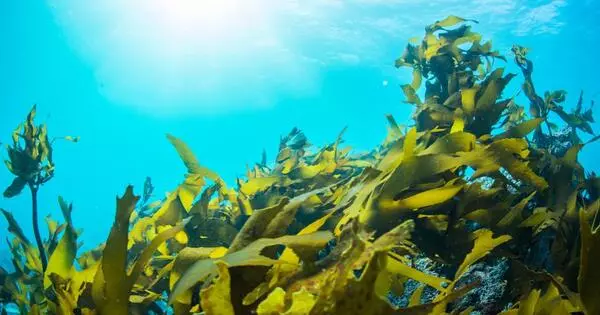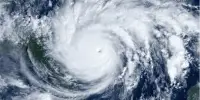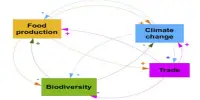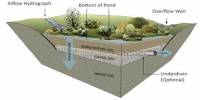Kelp farms, also known as seaweed farms, have the potential to help reduce coastal marine pollution by acting as a natural filter for pollutants in the water. Kelp absorbs nutrients and other substances from the water, which helps to reduce the level of pollution and improve water quality. Additionally, kelp farms can also provide a habitat for other marine organisms, which can help to support healthy and diverse coastal ecosystems. There are also some kelp farming methods that can be used to remediate areas that have been contaminated by pollutants.
According to a new study led by the University of Alaska Fairbanks, farmed kelp’s water-filtering abilities could help reduce marine pollution in coastal areas. The study, which was published in the January issue of Aquaculture Journal, looked at carbon and nitrogen levels at two mixed-species kelp farms in southcentral and southeast Alaska during the 2020-21 growing season. Tissue and seawater samples revealed that different seaweed species may have different abilities to remove nutrients from their surroundings.
“Some seaweeds are literally like sponges — they suck and suck and never saturate,” said Schery Umanzor, an assistant professor in UAF’s College of Fisheries and Ocean Sciences and the study’s lead author.
While carbon and carbon sequestration by kelp have received the most attention, kelp is actually much better at mitigating excess nitrogen than carbon. I think that’s an underappreciated story.
Schery Umanzor
“While carbon and carbon sequestration by kelp have received the most attention, kelp is actually much better at mitigating excess nitrogen than carbon,” Umanzor explained. “I think that’s an underappreciated story.”
Nitrogen pollution in coastal areas is caused by factors such as urban sewage, domestic water runoff, and fishery waste disposal. It can cause a number of potential threats in marine environments, such as toxic algae blooms, increased bacterial activity, and decreased oxygen levels. Although kelp grown in polluted waters should not be consumed, it could be a promising tool for cleaning such areas.
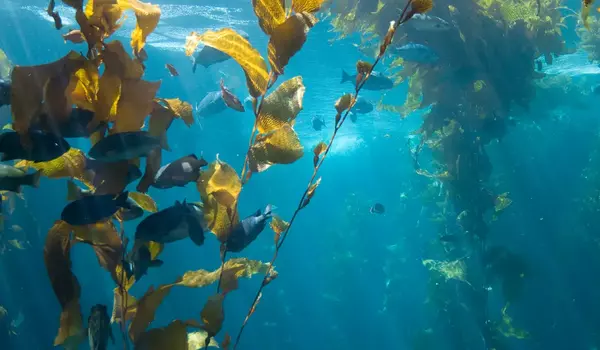
Kelp farming is an emerging industry in Alaska, touted to improve food security and create new job opportunities. It’s also been considered as a global-scale method for storing carbon, which could be a way to reduce levels of atmospheric carbon that contribute to climate change.
Ribbon kelp was found to be more effective than sugar kelp at absorbing both nitrogen and carbon in farm kelp tissue samples, though this difference was somewhat offset by the higher density of farmed sugar kelp forests.
Umanzor cautioned that the study was limited to two sites over the course of a single growing season. For the following season, she is currently processing a larger collection of samples collected from six Alaska kelp farms.
“Perhaps it’s a function of species, perhaps it’s the site, perhaps it’s the type of carbon and nitrogen out there,” Umanzor speculated. “A follow-up study would reveal a lot.”
